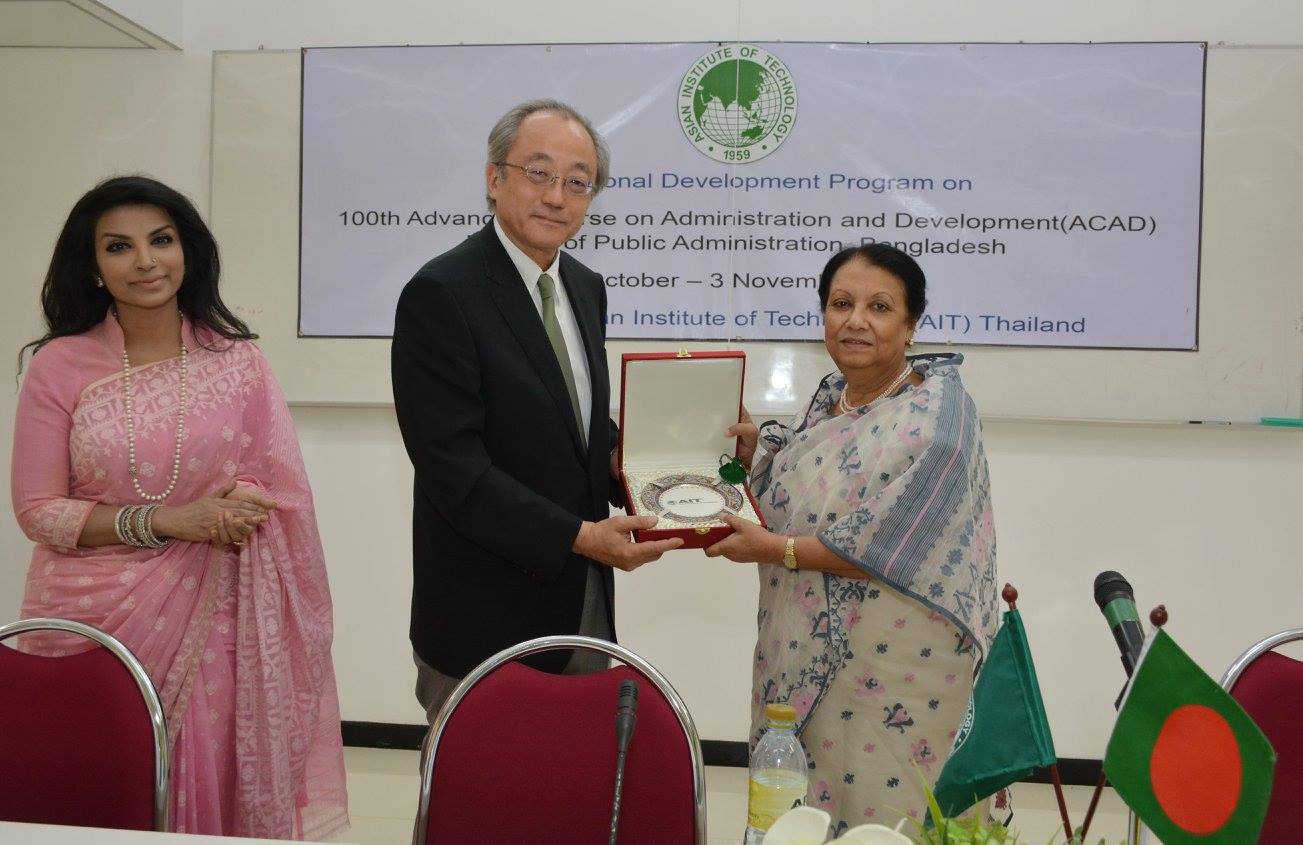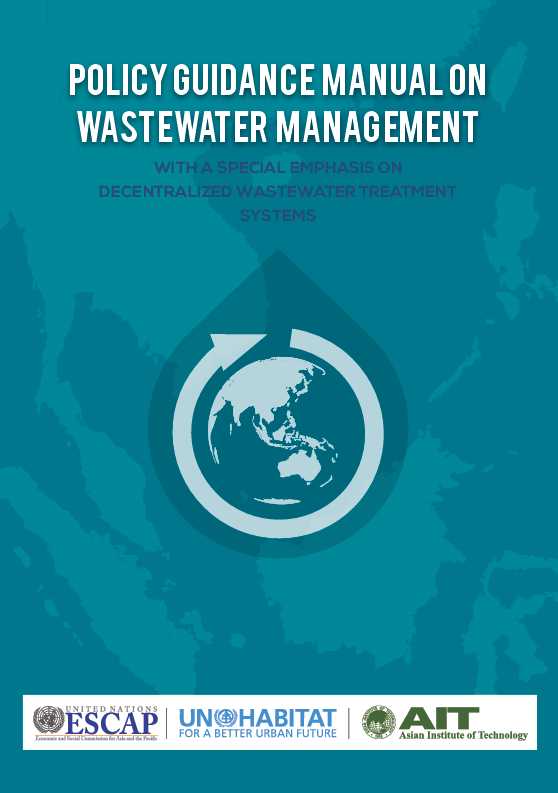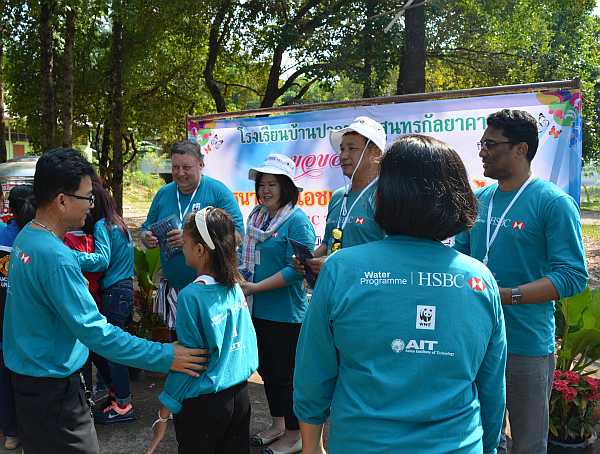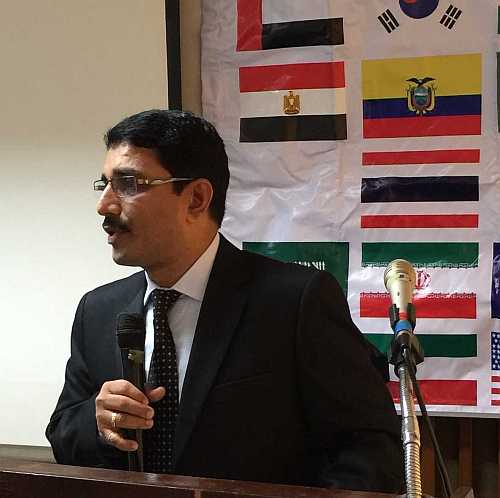Asian Institute of Technology (AIT) will be organizing a “Blood Donation Camp” on 2 December 2015 from 09:00-1130 hours in the parking lot in front of the AIT Conference Center. The Blood Donation Camp is organized along with the Thai Red Cross Society every three months.
Blood Donation Camp on 2 December 2015
International Expert Workshop on Towards Urban Water Security in Southeast Asia: Managing Risk of Extreme Events
The expert workshop, which is being jointly organized by the Asian Institute of Technology (AIT) along with Institute of Technology, Cambodia (ITC) and Nanyang Technological University (NTU), Singapore, is funded by SEAEU-NET-II Project.Detailed program is available at this link.
The Politics of the International Food Order
Abstract:The aim of this presentation would be to survey how developing states have been incorporated into an international food order in a disadvantageous position. This process began in colonial times with the dominance of the colonial powers. The presentation will go on to examine the broad character of the modern food order demonstrating many continuities with colonial times.
Third Distinguished Adjunct Faculty (DAF) Seminar by Dr. Martin Wieland
Abstract:The basic element in any structure or infrastructure project is safety. Therefore for sustainable storage dams the emphasis must be on the long-term safety of the dam. Today, dam safety requires an integral concept, which includes (i) structural safety, (ii) dam safety monitoring, (iii) operational safety and maintenance, and (iv) emergency planning.
Bangladesh Minister inaugurates 100th Advanced Course on Administration and Development

The 100th Advanced Course on Administration and Development (ACAD) delivered at the Asian Institute of Technology (AIT) was inaugurated by the Minister of State, Ministry of Public Administration, Government of Bangladesh, H.E. Ismat Ara Sadique on 26 October 2015. Inaugurating the program, the Minister remarked that AIT is known as one of the best institutes, and such courses provide an opportunity to government officials and civil servants to learn and adapt to new developments.
Policy Manual on Wastewater released at Sixth Asia Pacific Urban Forum

A “Policy Guidance Manual on Wastewater Management†was released on the occasion of the Sixth Asia Pacific Urban Forum (APUF6) at Jakarta, Indonesia on 19 October 2015. Jointly produced by UN ESCAP, UN-Habitat and the Asian Institute of Technology (AIT), the manual focuses on decentralized wastewater treatment systems.
AIT co hosts River and Wetland Watch Volunteering Programme in Nakhon Phanom

Asian Institute of Technology (AIT), World Wildlife Fund-Thailand (WWF-Thailand) and Hong Kong and Shanghai Banking Corporation (HSBC) jointly hosted a “River and Wetland Watch Volunteering Programme” in Nakhon Phanom Province on 17-18 October 2015 in a bid to improve and develop the river and wetlands in the Lower Songkhram River Basin.
UN Winter School on Sustainable Consumption and Production in Asia and the Pacific
Dates and Venue: (TBC) 17-30 January 2016 Asian Institute of Technology Campus, Bangkok, Thailand Academic committee: Co-chairs: UNEP and Prof. C. Visvanathan, AIT Members: Prof. Mario Tabucanon, UNU-IAS, Dr. Zinaida Fadeeva, UNU-IAS, Dr. Rotchanatch Darnsawasdi, Prince of Songkhla University Dr. Somporn Kamolsiripichaiporn, Chulalongkorn University Strategic objective: To improve the knowledge of future decision makers in the area of Sustainable Consumption and Production and thus contribute to the design and implementation of policies, business models and practices that can promote sustainable resource management in a life cycle perspective for goods and services produced and used by governments, business and civil society.
Seminar on Green Mega Urban for Transit Oriented Development
Jointly organized by the University of Indonesia (UI) and the Asian Institute of Technology (AIT), the seminar will be addressed by Dr. Raldi Hendro Koestoer and Dr. Hayati Sari Hasibuan of UI, and Dr. Vilas Nitivattananon, Dr. Surachet Pravinvongvuth, and Dr. Duangporn Prasertsubpakij of AIT. The seminar will include mixed sessions of presentations and discussion.
27 participants from 15 countries join Biofloc technology training

Shrimp farming which began as a traditional small-scale business in Southeast Asia has now emerged as a global industry. Aiding the rise of shrimp farming are newer technologies like Biofloc that enable production of shrimp without water exchange. Bioflocs also maintain good water quality and provide essential and high quality nutrients to shrimps.
